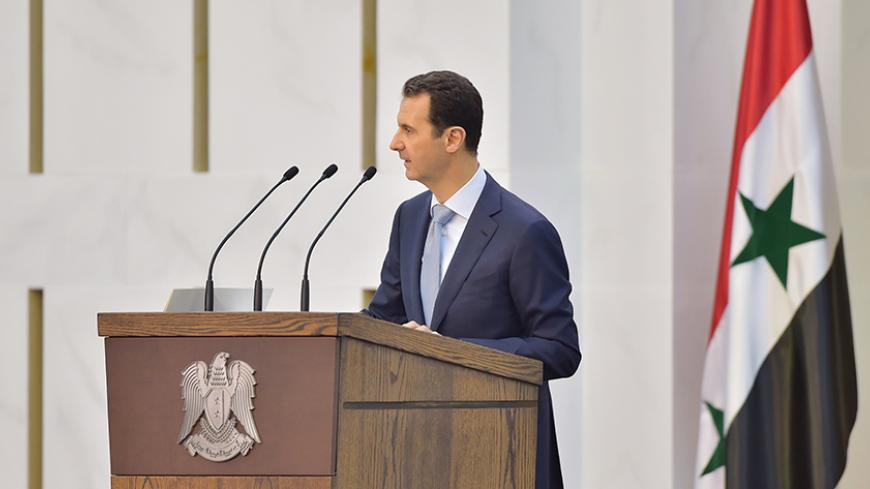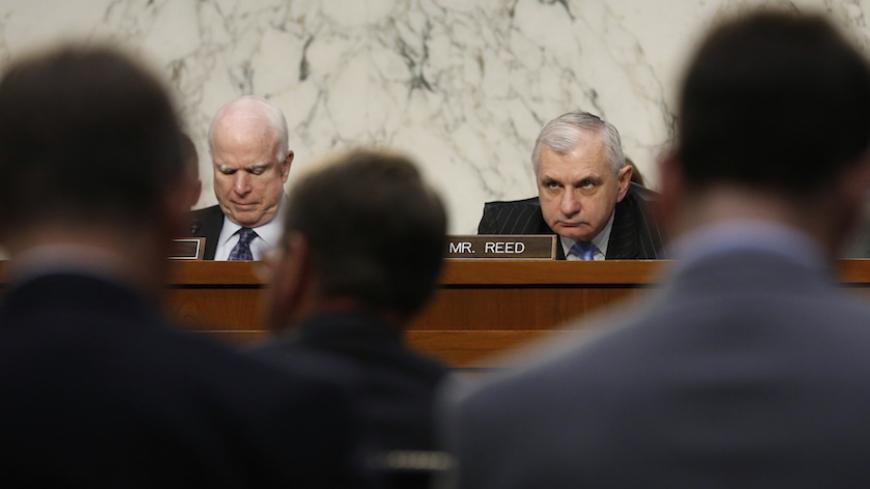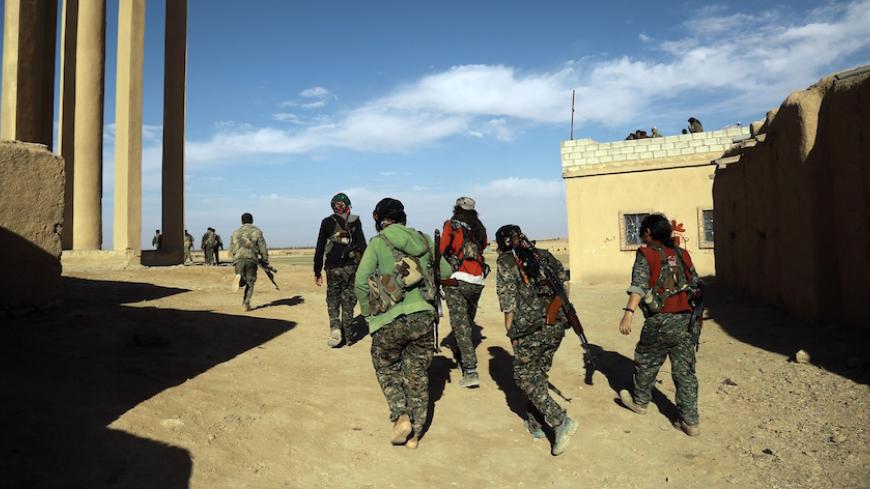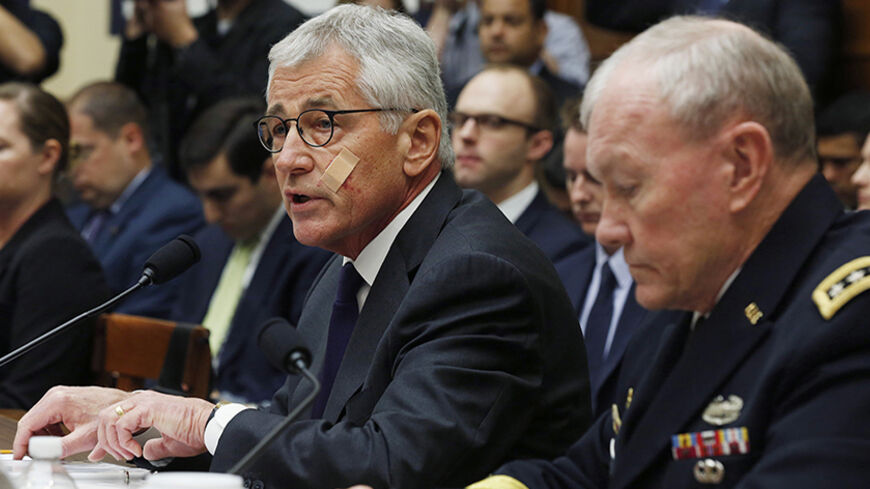'Fundamental fallacy' in Obama's plan to arm Syrian rebels?
Lawmakers of both parties expressed disbelief that the rebels will stick to the role the United States wants to carve out for them.

The Obama administration fleshed out its goals for US-trained Syrian rebels on Sept. 16, prompting bipartisan concerns even among some of the opposition fighters' biggest supporters on Capitol Hill.
Defense officials told lawmakers on the Senate Armed Services Committee that they were confident the rebel force would put its three-year war with Bashar al-Assad's forces on the back burner as the Syrian opposition focuses on battling the Islamic State (IS). They insisted that would prevent the US from getting sucked into Syria's civil war while creating an acceptable partner to combat IS inside its home base.






